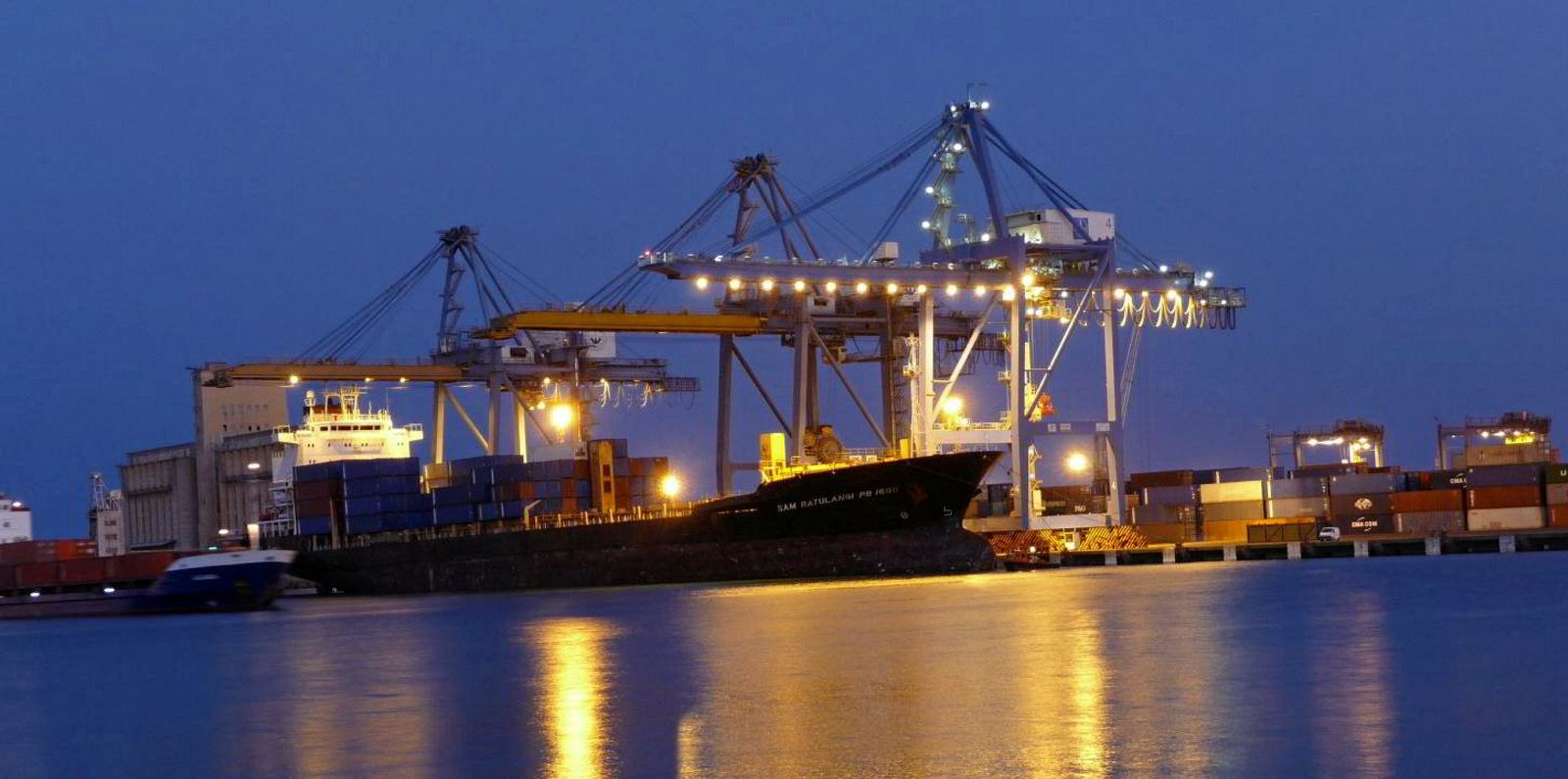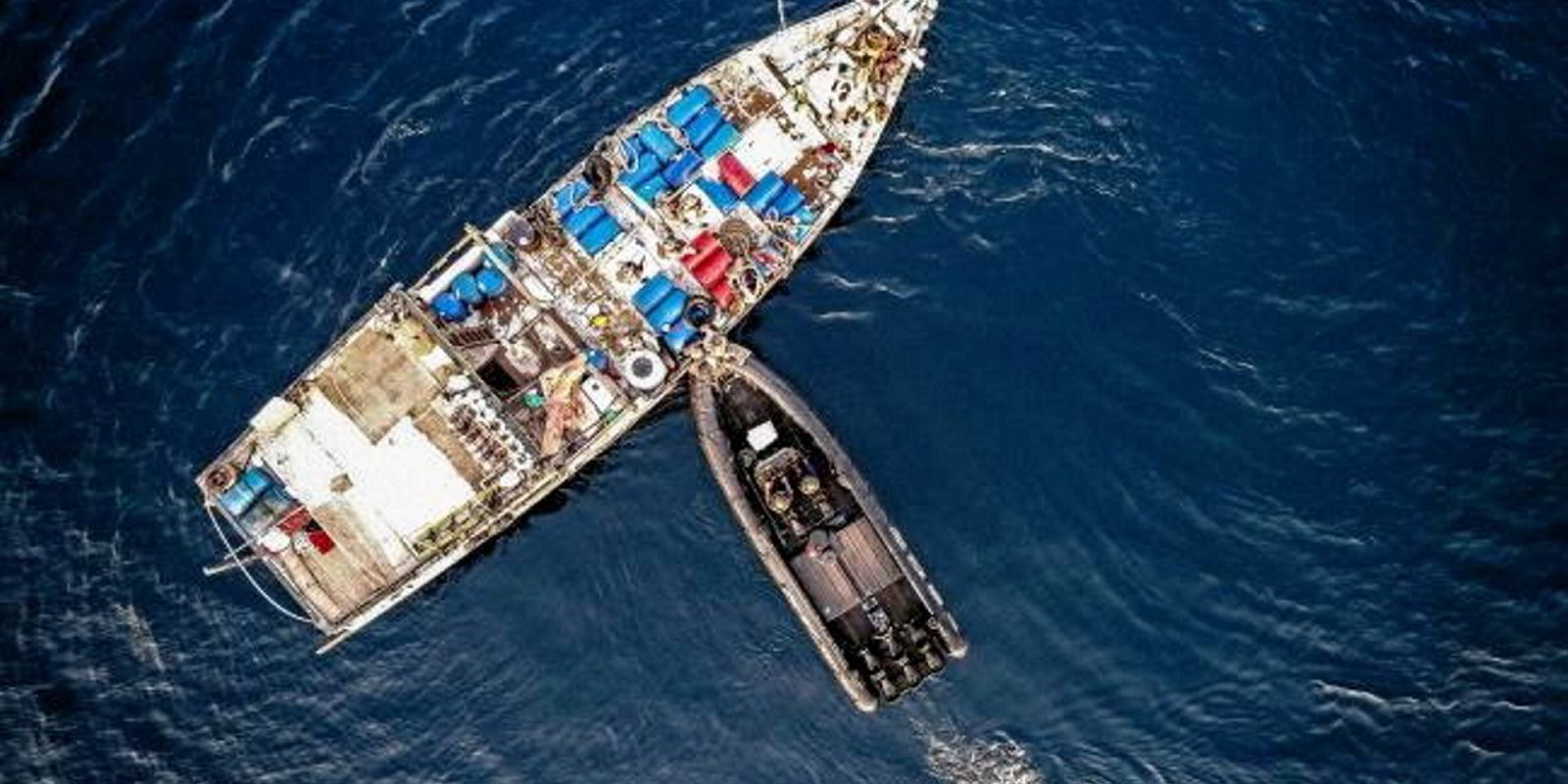Cargo volumes to and from ports in and near the Red Sea are down 21%, according to new data from Bimco.
The shipping organisation said the attacks by Houthi Rebels and its approaches are having a huge affect on global trade with some vessels, notably container ships and gas carriers, avoiding the area since November. It also said the reduction in local cargoes could undermine fragile regional geopolitics.
So far in February, the number of ships transiting through the Gulf of Aden and the Suez Canal is 50% and 37% lower than last year, respectively, Bimco said.
Container ship transits are down by 70% through the Gulf of Aden and the Suez Canal, it said.
“The attacks on ships in the Red Sea are directly affecting the ability of countries in the region to import and export cargo,” Bimco chief shipping analyst Niels Rasmussen said.“Even where alternative export routes exist, these often come at a higher cost, longer duration and with constraints to capacity.”
While some countries could reroute cargoes to other ports, such as Saudi Arabia using Dammam in the Middle East Gulf and Egypt using Alexandria and Damietta on the Mediterranean Sea, these would increase voyage lengths.
But Sudan, Somalia, Eritrea and Yemen have little alternative, and the Bimco data, taken from IMF Portwatch, reflects a 25% drop in shipments year on year.
Bimco says the drop in cargoes could undermine the fragile regional economic and geopolitical situation.
Rasmussen added that Yemen, Sudan and Somalia already suffer from armed conflicts, and the instability in the Red Sea has made it more challenging for them to receive international aid and could increase the cost of basic goods.
“Until a solution emerges, regional economies will continue to bear the cost,” he said.





